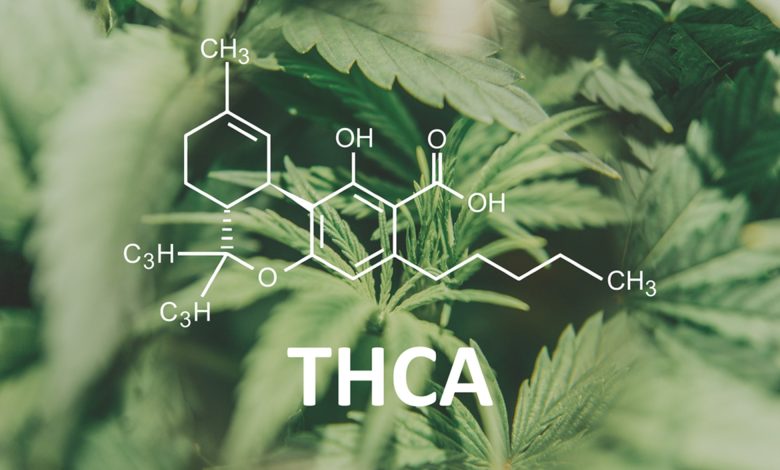State After State Proves Legalizing Weed Doesn’t Stop Crime

One of the justifications for legalizing marijuana is the desire to put an end to marijuana crimes. As the thinking goes, making an illegal substance legal eliminates the criminal element. Except that it does not. State after state is now seeing it first-hand. Legalizing weed does not stop the crime associated with marijuana.
We have long known about California’s thriving black market. It puts legal medical and recreational cannabis to shame. For years, legal cannabis businesses have been begging Sacramento for help dealing with the black market problem. Now the legal market is on the verge of collapse.
Unfortunately, California is not alone. Other states thought to be immune from the black market are having their own struggles. Take Oregon and Utah, two states that have taken entirely different approaches to cannabis.
Illegal Growers Taking Over
In Oregon, innocent landowners are finding out what happens when illegal cannabis operators move in. One landowner I read about in a Politico story from 2022 once had the Oregon forest near Cave Junction pretty much to himself. But over the years, black market operators have moved in and virtually surrounded his property.
He is not alone. The story has repeated itself across Oregon’s forests for years. Landowners now live in fear of growers who are not afraid to rely on intimidation tactics to keep their neighbors away. It has gotten so bad that Politico describes Oregon’s black market as rivaling California’s. That says something.
The Black Market in Utah
Utah was one of the states most believed would hold on to cannabis prohibition for as long as possible. But in 2018, voters approved Proposition 2 that legalized medical cannabis. State lawmakers went to work crafting a program that would comply with Prop 2 language but still allow state control.
They appeared to have succeeded in creating a program that was fair, equitable, and profitable. But now it would appear as though everything regulators have done still has not prevented a black market from emerging. According to some sources, the black market could account for as much as 60% of the total medical cannabis sales in Utah.
That’s not good for companies like Zion Medicinal in Cedar City, UT. The state has only approved licenses for 15 pharmacies. So while that limits competition in the legal market and ostensibly supports Zion Medicinal and its competitors, such a small number of pharmacies to serve what is largely a rural state opens up opportunities for black market sellers.
The Consequences of Tight Regulation
Many of us who have been following weed legalization since the mid-1990s are not surprised by what the market looks like today. All of this could have been predicted. In fact, it was. Legalizing marijuana put an end to possession crimes, but that’s about it.
Whenever a state gives the green light to medical cannabis or recreational marijuana, it almost always follows up with tight regulation. The tighter the regulations, the harder it is for legitimate businesses to make a profit. The end result is always higher prices. That is all the black market needs to succeed.
Black market operators don’t care about the rules. They do not pay for licenses or spend money on having their products tested. They grow, harvest, and sell. And because they don’t follow the rules, they can offer their products at much cheaper prices. Who do lawmakers think customers will purchase from?
Legalizing weed has not prevented marijuana crimes perpetrated by black market operators. To believe it someday will is to believe a fantasy. Criminals exist in every industry and always will. Legal marijuana is no exception.





